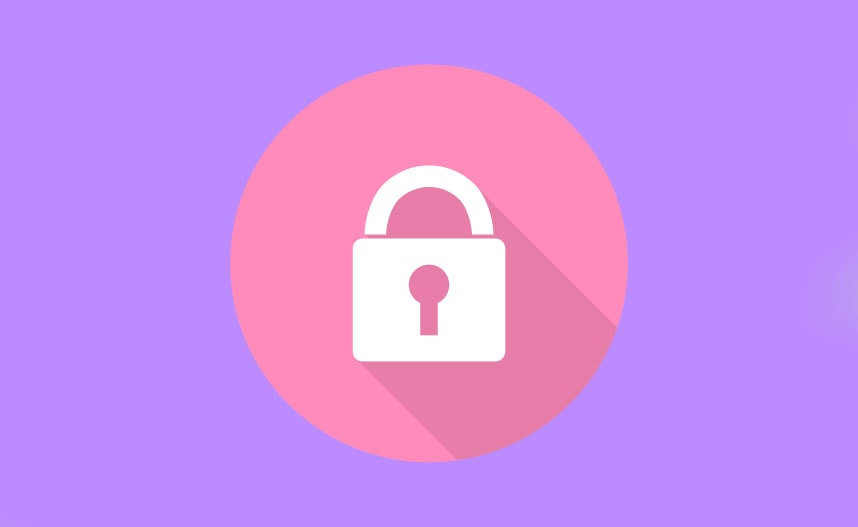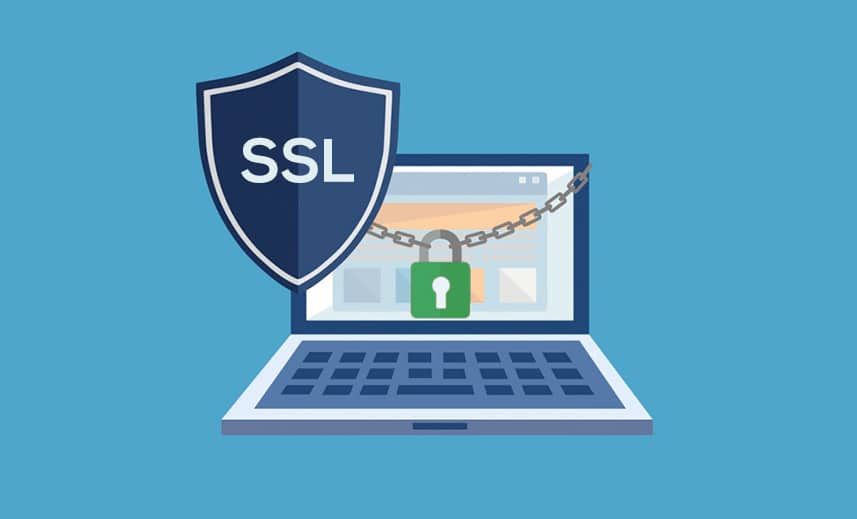One thing you can be sure of is that your website is never safe. Website data thieves are working overtime to find new ways to breach website security. Even if you have what you think is the best website data security software, you would be vulnerable over time. You have to be proactive with your website security, and that begins with secure website content and secure servers.
1. Dedicated Hosting with SSL
Web hosting companies offer shared and dedicated hosting. The former is cheap but has servers shared by many businesses for multiple websites. If one website is compromised and the server is accessed then all the sites hosted on that server will become vulnerable. Consider dedicated hosting which is expensive, but it will be safer. You should opt for SSL certification. It is a form of encryption that makes it hard for hackers or website data thieves to decode the data. SSL is the only way you can secure website content. There are many levels of encryption and hence types of SSL certification. Compare the options and make an informed choice.
2. Update, Update, Update
Update everything whenever there is a new fix for an existing bug, or some new protocols are devised. Update the servers, the security certificate, the level of encryption, take backups regularly and ensure you have tighter norms as and when they become imperative. Limit access control, limit uploading capacity, do away with auto-fill features, be stringent with admin access and update everything from the network security to the database servers to prevent hacking. Change passwords, configurations, and the user accesses as and when needed but frequently enough.
3. Firewall
You should have a firewall. If all you want is secure website content, then you can have a web application firewall. A firewall can be hardware or software based. As long as it is efficient and doesn’t get breached very easily by website data thieves, you should be okay. Firewall is not your typical antivirus or antispyware software. It is more holistic.
4. Security Applications
There are many security applications, some are free, and some need to be paid for, that you can use to secure every page of your website. These are not an alternative to a firewall, but you can use them for additional protection. You don’t need too much security for your site, but some supplemental or complementary applications would strengthen your website data security so consider such prospects.
Conclusion
So be prepared. Even though content thieves are working overtime and every day, do not leave your precious business data and your website vulnerable to people who want access to it. Don’t hesitate to contact me or book a free Skype call with me if you need any assistance on your website security.
What other ways to protect your website data are you using? I’d love to hear your thoughts in the comments.
P.S. If you liked this post, you might also want to follow me on Twitter or Facebook for more posts like this.




